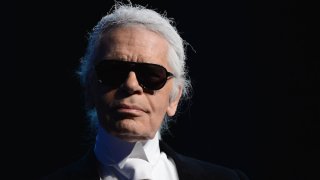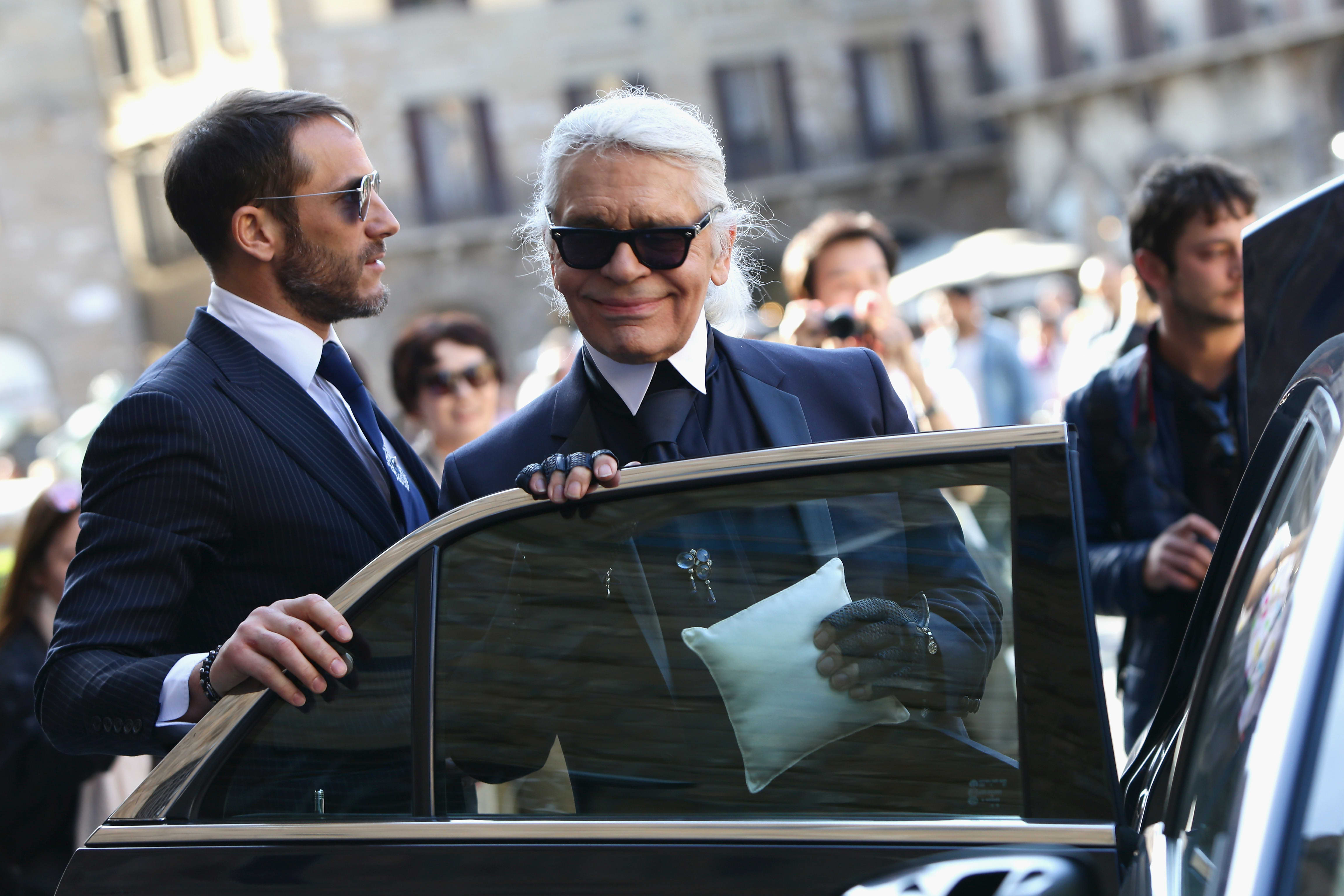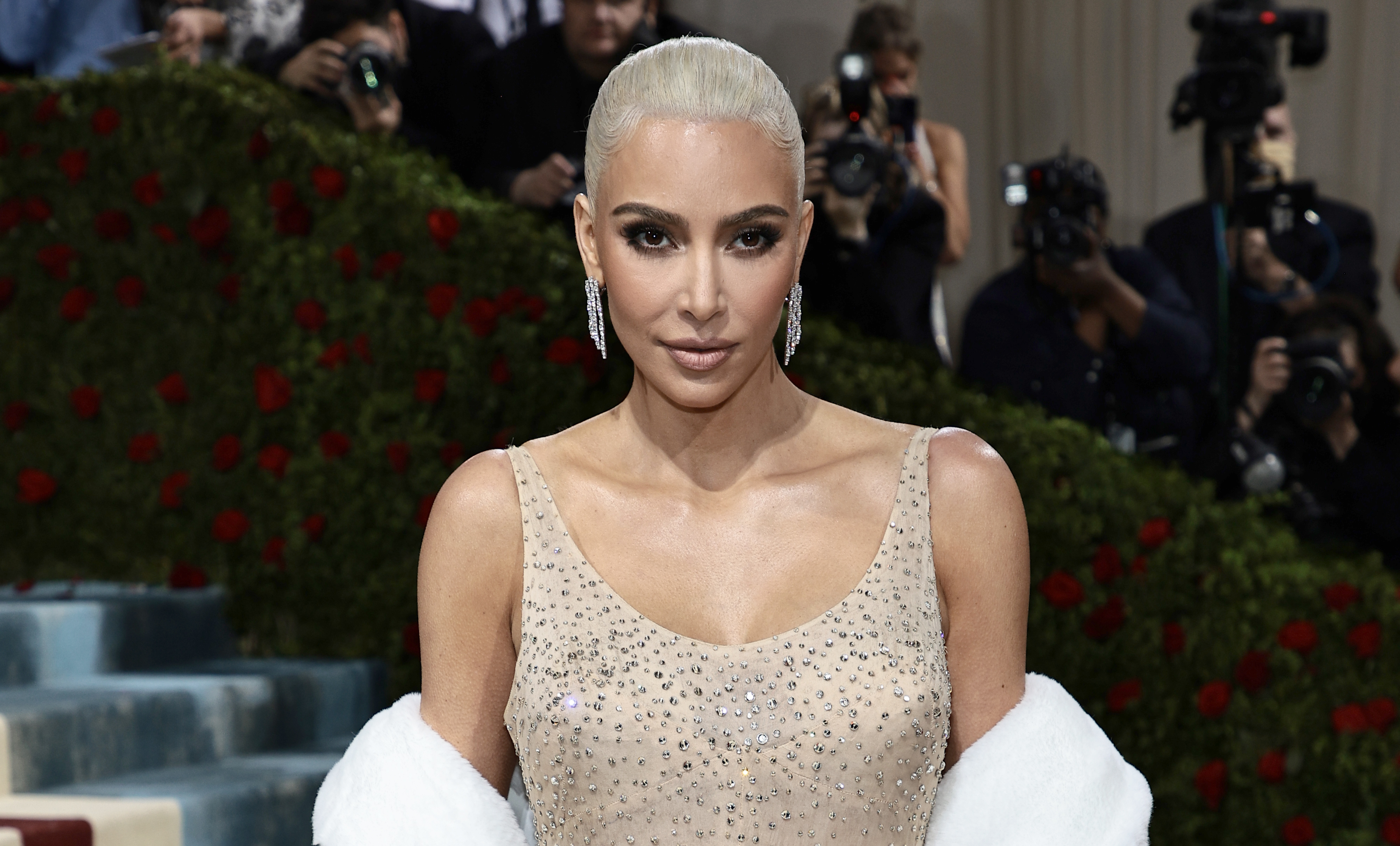
Karl Lagerfeld, the subject of this year's Met Gala, transformed Chanel from frumpy to modern. He revolutionized the merger of hip-hop culture and high fashion. He dressed and befriended celebrities and transformed once-staid runway shows into masterful, theatrical displays.
He was also a self-proclaimed “big mouth,” publicly sounding off with fatphobia. He spoke against gay men who want to adopt children, migrants, sexual assault survivors, the #MeToo movement and “ugly” people, without apology.
And he left behind the receipts, his own contentious words.
Lagerfeld died in 2019 after dominating the fashion universe into his 80s. Come May 1, his legacy will be on display at the starry fundraising party and its companion exhibition at the Metropolitan Museum of Art's Costume Institute. Likely not on display, however, will be his polemical tendencies.
Get Tri-state area news delivered to your inbox.> Sign up for NBC New York's News Headlines newsletter.
“He offended people right and left, making as much of an art out of the cutting aside as the perfectly cut double-face gown,” New York Times fashion critic Vanessa Friedman wrote soon after Lagerfeld's death.
“He judged,” Friedman wrote, “and knew he would be judged himself, but he didn’t care. Rather, he embraced it.”
The choice of Lagerfeld for fashion's biggest night is not without critics, though gala visionary and close friend Anna Wintour is, clearly, not among them. An emailed request for her comment on this side of Lagerfeld went unreturned.
When 400 or so celebrities and elite from fashion, tech, politics, music, social media, film, TV and sports ascend the Met's Grand Staircase for the gala, Jameela Jamil won't be there.
The actor and activist was a rare public figure to condemn the theme, taking to Instagram to acknowledge his fashion genius but denounce his “distinctly hateful” remarks, often toward women.
“Why is THIS who we celebrate when there are so many AMAZING designers out there who aren't bigoted white men? What happened to everyone's principles and 'advocacy.' You don't get to stand for justice in these areas, and then attend the celebration of someone who reveled in his own public disdain for marginalized people,” Jamil wrote.
In 2020, a group of internet friends decided to democratize the A-list, invitation-only gala with a Twitter companion that's open to creators who submit digital fashion in line with the real thing's annual theme.
Don't look for the High Fashion Twitter Met Gala this year.
“As we approach the first Monday of May, the hf twitter met gala team would like to announce that we will not be celebrating this year’s met gala as our values don’t align with the selection of Karl Lagerfeld as the theme,” the coordinators tweeted.
Called the “living soul of fashion” by Wintour, Lagerfeld and his gifts were outsized. So were his words.
'Fed up' with the #MeToo movement
In the international fashion magazine Numéro in 2018, Lagerfeld said he was “fed up” with the effort to reveal sexual harassment, assault, misconduct and rape.
“What shocks me most in all of this are the starlets who have taken 20 years to remember what happened. Not to mention the fact there are no prosecution witnesses. That said I cannot stand Mr. Weinstein. I had a problem with him at amfAR,” he said, referring to disgraced Hollywood mogul Harvey Weinstein and a gala held during the Cannes Film Festival in support of the fight against AIDS.
Lagerfeld on models
“If you don't want your pants pulled about, don't become a model! Join a nunnery, there'll always be a place for you in the convent. They're recruiting even!” he told Numéro in the same interview, when asked about accusations against stylist and former Interview creative director Karl Templer.
To German news magazine Focus in 2009, Lagerfeld declared of plus-size models: “No one wants to see curvy women.”
In 2010, however, to Vice, when asked if he loved both the emaciated and voluptuous in fashion, Lagerfeld said: “Yes, totally.”
Lagerfeld's fatphobia
The man who co-authored a diet book after losing 92 pounds (42 kilograms) in 13 months was vocally critical throughout his career of women larger than size 0 or 2. That includes his defense of designers exclusively hiring rail-thin runway models.
Asked in the same 2009 Focus interview about German women's magazine Brigitte declaring it would only publish photographs of “real women,” as opposed to professional models, Lagerfeld went on: “You’ve got fat mothers with their bags of chips sitting in front of the television and saying that thin models are ugly. The world of beautiful clothing is about ‘dreams and illusions.’”
According to the book “The World According to Karl,” a collection of Lagerfeld's own words, he once said: “I think that for both women and men, fashion is the healthiest motivation for losing weight.”
‘Ugly’ people and Andy Warhol
“I shouldn't say this, but physically he was quite repulsive,” Lagerfeld told Vice of Warhol in 2010.
In the same interview, as he discussed his penchant for wearing dark glasses, he described a German journalist who once interviewed him as “some horrible, ugly woman.”
Criticism of Germany's acceptance of Syrian migrants
In 2017, the Hamburg-born Lagerfeld sniped at Merkel, then the German chancellor, for opening her country's borders to migrants during the Syrian refugee crisis in Europe two years prior.
“One cannot — even if there are decades between them — kill millions of Jews so you can bring millions of their worst enemies in their place,” he told French talk show “Salut les Terriens!” on Canal 8.
In some English translations, he offered this anecdote: “I know someone in Germany who took a young Syrian and after four days said: ‘The greatest thing Germany invented was the Holocaust.’”
However, others reported the comment this way: “I know someone in Germany who took in a young Syrian who spoke a little English. After four days, do you know what he said to the (German) lady? ‘Germany’s best invention is the Holocaust.’”
Either way, the words prompted hundreds of complaints to Canal 8.
Same-sex couples adopting
Lagerfeld sent two brides in identical wedding dresses down the runway for the finale of his spring 2013 Chanel haute couture show in Paris, telling The Guardian it was a show of support for the French same-sex marriage law.
But in the 2010 Vice interview, he spoke against same-sex marriage, particularly as it pertains to two men.
“In the 60s, they all said we had the right to the difference. And now, suddenly, they want a bourgeois life,” Lagerfeld said. “For me it’s difficult to imagine — one of the papas at work and the other at home with the baby. How would that be, for the baby? I don’t know. I see more lesbians married with babies than I see boys married with babies. And I also believe more in the relationship between mother and child than in that between father and child.”
In 2013, while supporting same-sex marriage, Lagerfeld said he was "less keen” on same-sex couples being allowed to adopt.



